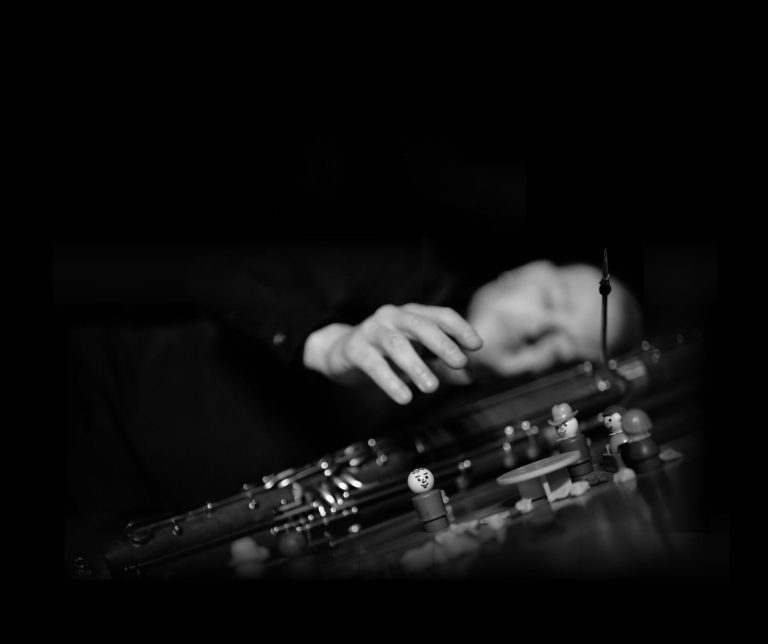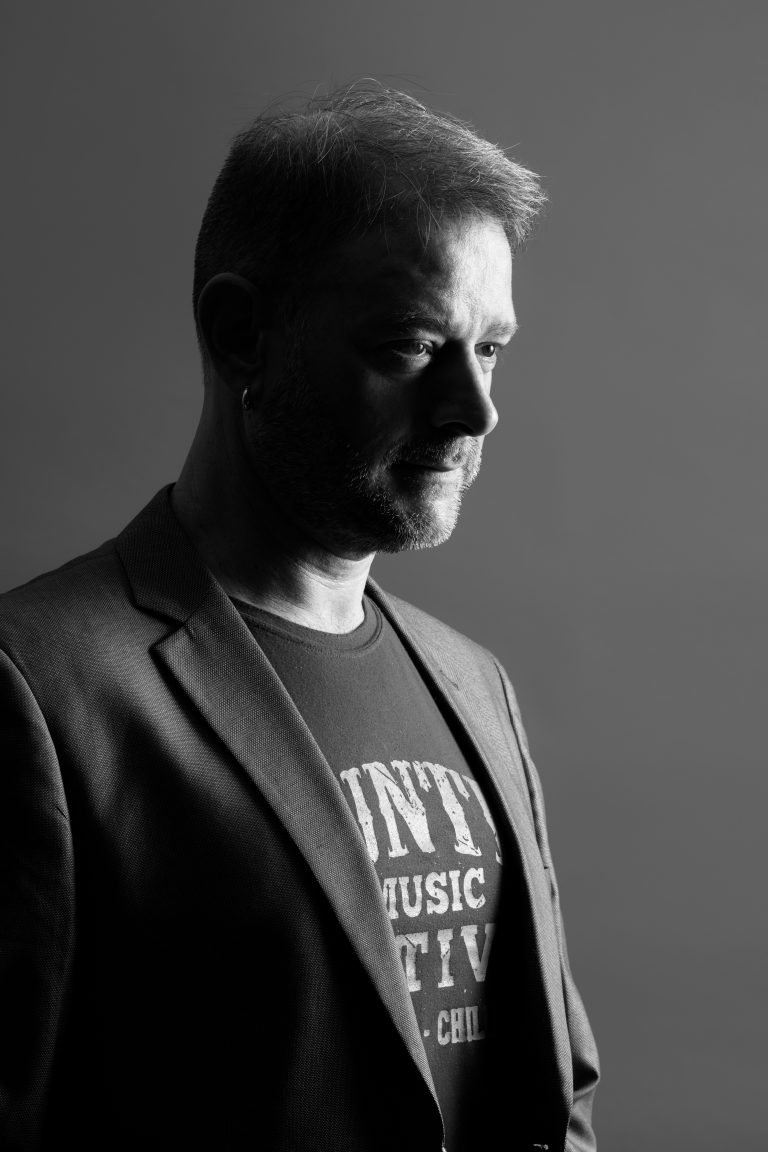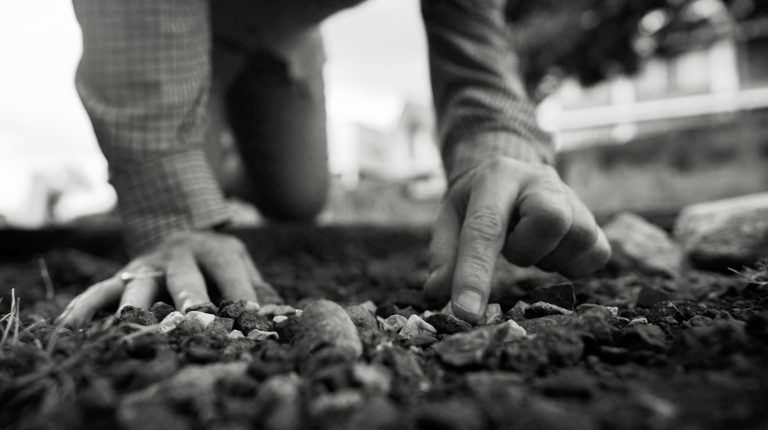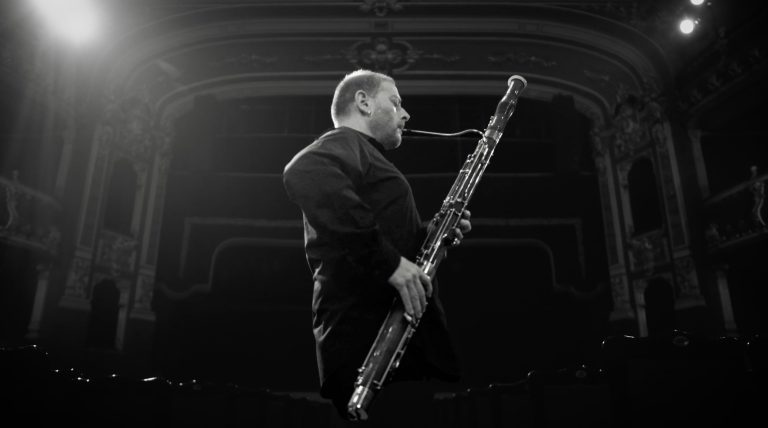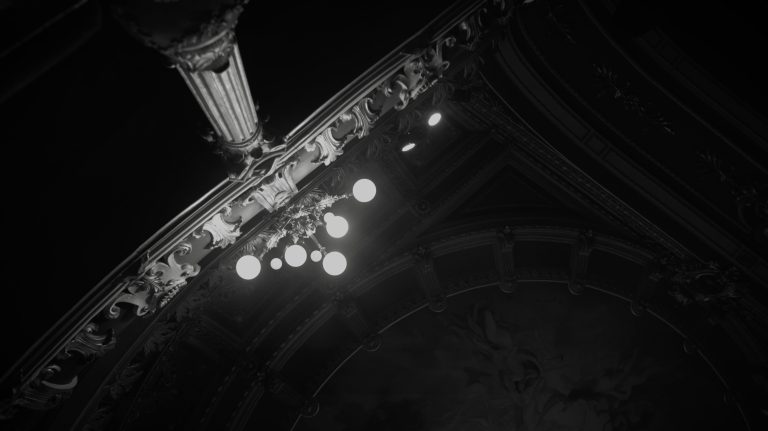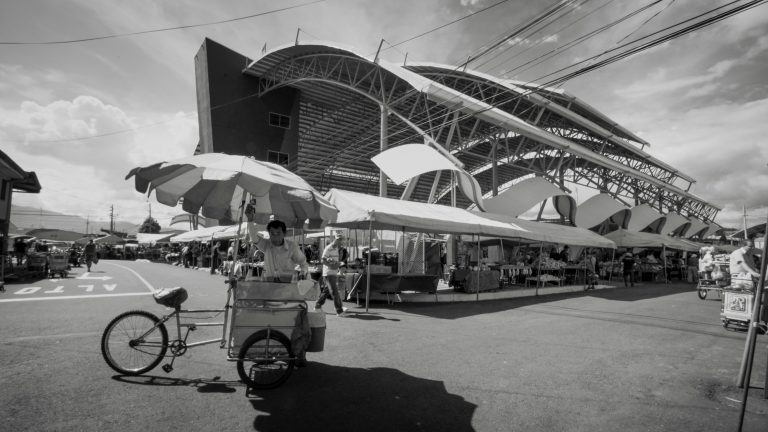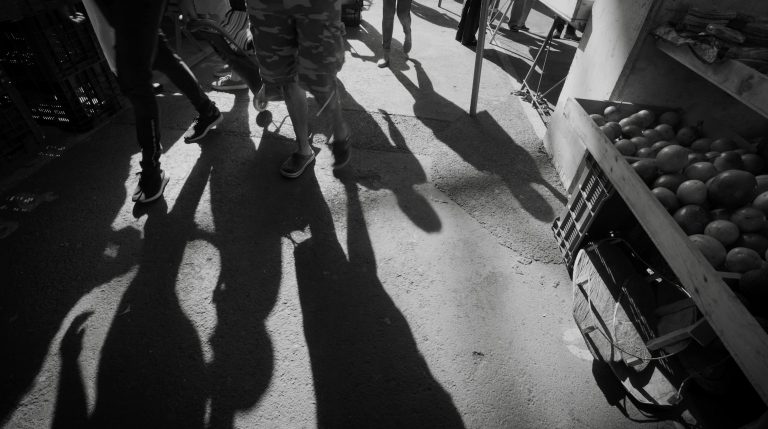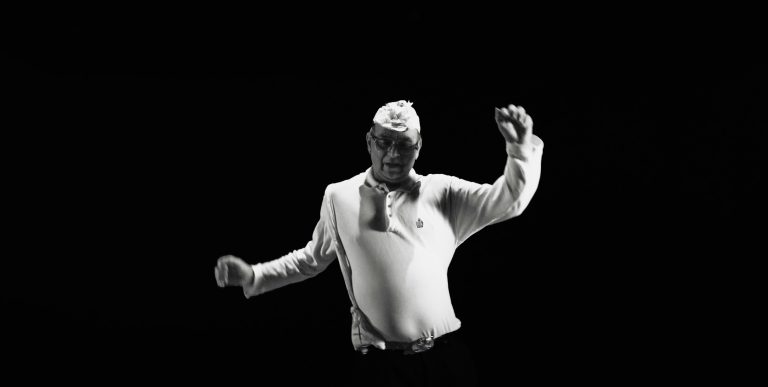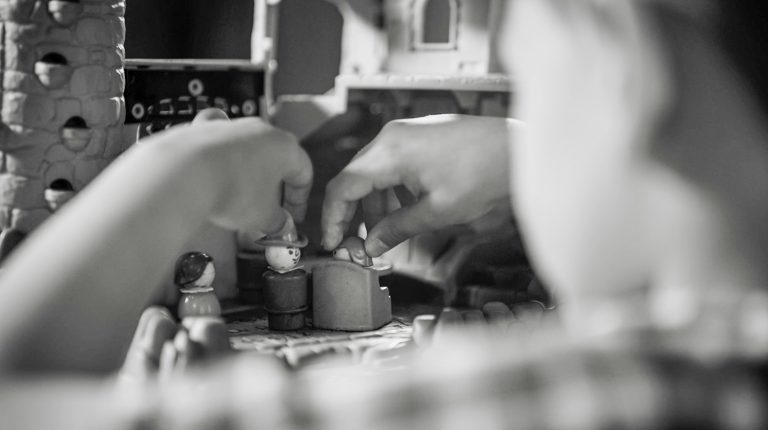Guillermo Rosabal-Coto
Director of
We are the music
A complete interview with Guillermo
We would like to express our sincere gratitude to director Guillermo for taking the time to answer our questions.
Whole team of Liverpool Indie Awards is wishing you the very best in all your future projects. We hope to see more of your exceptional work in the years to come. Thank you once again!
Very often in Western-based societies, institutions like family, religion, schooling, and culture dictate us what is or should be “good” music and how our physical bodies and mind should behave when we make music or engage in/with music. What inspired my film “We are the Music” is my awareness on how such institutional mandates may silence or modify our own self-image, memories, sensations, and expectations that make up our ways to engage in/with music. Many people around the world need to hear this, so they can become aware that their ways to experience music are important and valid, despite what the Western music establishment says. Many people might need to embrace their memories, personal stories, self-image, ways of being-in-the-world, and social interactions that intersect when they explore, affirm, and celebrate relationships that are ideal to them when they sing, listen to music, or engage with music in multiple ways. We call this ideal engagement with music musicking, and everyone has their own musicking, whether in solitary or with others.
I have tackled this issue systematically through scholarly research in music education for many years and proposed a sociology for music learners as a tool to explore it. My latest related piece can be found in this book published by Oxford University Press, in which I was also a co-editor: https://global.oup.com/academic/product/sociological-thinking-in-music-education-9780197600962?cc=cr&lang=en&. This is the first time, though, that I deal with this issue on film. Ever since I was a child, I was fascinated by the possibility of telling stories in expressive ways that could make people learn, reflect, and even become different people. This is something I briefly hint in “We are the Music”. I am very grateful that I could accomplish this in my first documentary film.
I must say that this film was a product of my research project as 2020 Humboldt Professor at Universidad de Costa Rica (UCR), the place where I teach and work. This was possible with support from IIArte-UCR and the Latin American Studies Program of the University of Toronto (Canada).
I envisioned a work that was not too explicit or literal. I wanted to share my own itinerary and quest for answers, and to document another real-life character’s itinerary of musicking, all with intimacy and simplicity. This is why I decided to shoot in black and white and resorted to textures and shadows. I also resorted to close-ups and unusual angles of pavement, cracks and rocks on the streets, and theater ceilings, to speak of tension and unresolved issues within us.
To make my statement about musicking more convincing and authentic, I decided to include myself as a vulnerable character in the film. I wanted to strip myself from my privilege-laden researcher and professional musician status to show that anyone can be colonized in their emotions and self-image by institutional values, in relation to music. I also wanted to show another real character who felt at ease in how they were in music, someone from whom we could all learn. But not a professional musician or teacher, like me.
I do not have a formal education in filmmaking. I have mostly learned empirically and often ask for expert help. Young professionals and students made up my crew, as this film was a university project. They were very receptive to my view for this work and did their best so that I could accomplish my creative and expressive goals. For instance, Gabriel Valverde-Bermúdez assisted me in overseeing a range of production and direction issues, thanks to his background in communication and production. Camila Naranjo-Díaz oversaw photography design and was attentive to the kind of images and moods that I was seeking to convey, while she contributed her own sensitivity to craft visuals. Alejandro Cabezas-Morera engaged in a similar dynamic, while proposing his own ideas to enrich the outcome.
We filmed at the outset of the pandemic, shortly before social distancing and masks became mandatory in Costa Rica, so shooting was not a problem. After that, we had to complete post-production completely through online meetings and messaging, and that slowed down communication with/among the team.
I particularly treasure the scene of Don Beto (Heriberto Moya-Chaves) dancing, in his version of the Mexican comedian “Cantinflas.” We shot the sequence several times at the university TV studio. It was challenging for him, as a senior person, to put ongoing energy into his dance, on the cement studio floor and under the spotlight, while I asked him to please avoid movements that could produce shades on his face. I am grateful for his commitment and spontaneity in this scene, but also for his honesty when sharing his own musicking with the audience.
Since I am a newcomer to filmmaking, everything is new to me. I treasure every challenge and accomplishment through this wonderful creative process and am grateful for the lessons learned. Perhaps, the main lesson for a newcomer is that listening and observing can be very helpful before expressing one’s opinion or intentions.
This is my first film project ever and I can’t be prouder! I am interested in exploring and showing everyday life and doings of silenced people, from unusual vantage points. I love the documentary genre, because it allows you to tackle big questions that may not have been yet asked.
As a newcomer, I prefer to listen and observe, to be able to learn as much as possible. My humble advice would be to learn attentively while sticking to one’s own vision, with some flexibility.
I had several interviews with Mr. Heriberto Moya-Chaves about his musical life and listened and watched him very closely, as much as he allowed me to. My intention was to create a respectful and comfortable setting where he would be willing to be himself in front of the camera. And he was!
The soundtrack includes humming, singing, and percussive sounds produced by me, environment sounds and effects, and bassoon music performed by Paula Guzmán-Rivera, all mixed by Alejandro Cabezas-Morera. I am very honored that Paula gave my character a musical voice with her sensitive performance of Francisco Mignone’s Valsa no. 1, in one of the theater scenes.
Two actions were key to handle feedback and communication with my team: observation and listening, while keeping my own vision at the forefront. Feedback from local and international audiences has all been positive all the way through, because a little or much of what is presented in this film somehow touches on their musical life. I would not change one bit of the film. I look forward to being able to share “We are the Music” with more audiences and festivals worldwide! I believe its message is truly universal.
